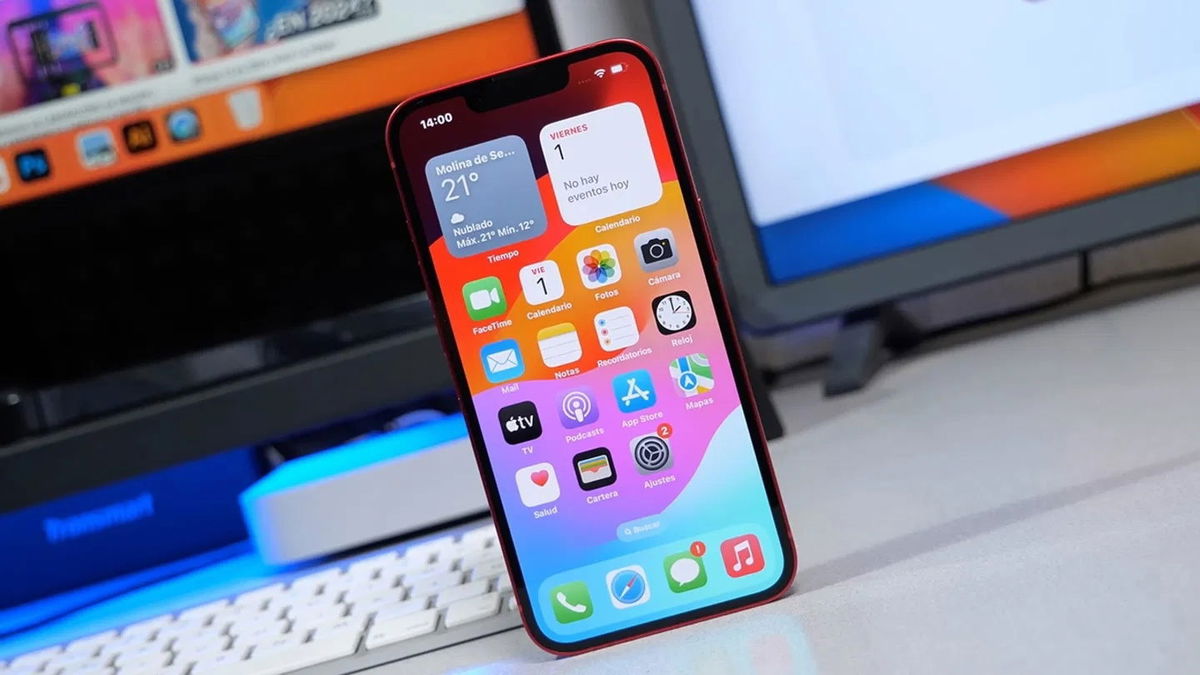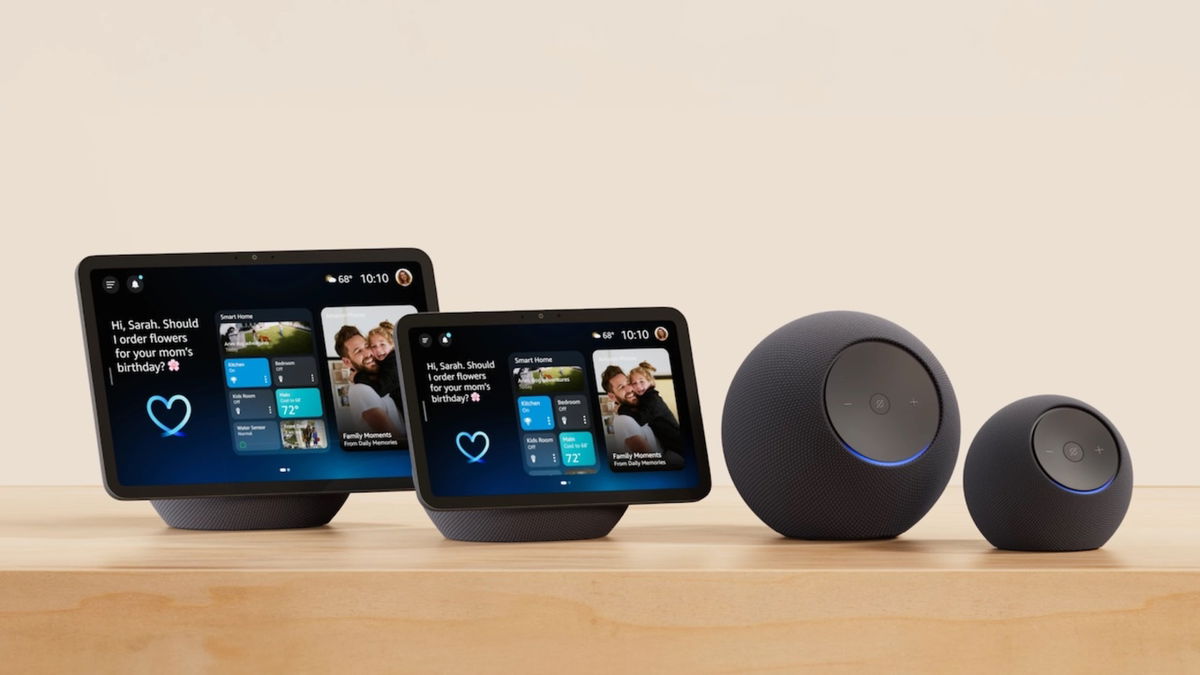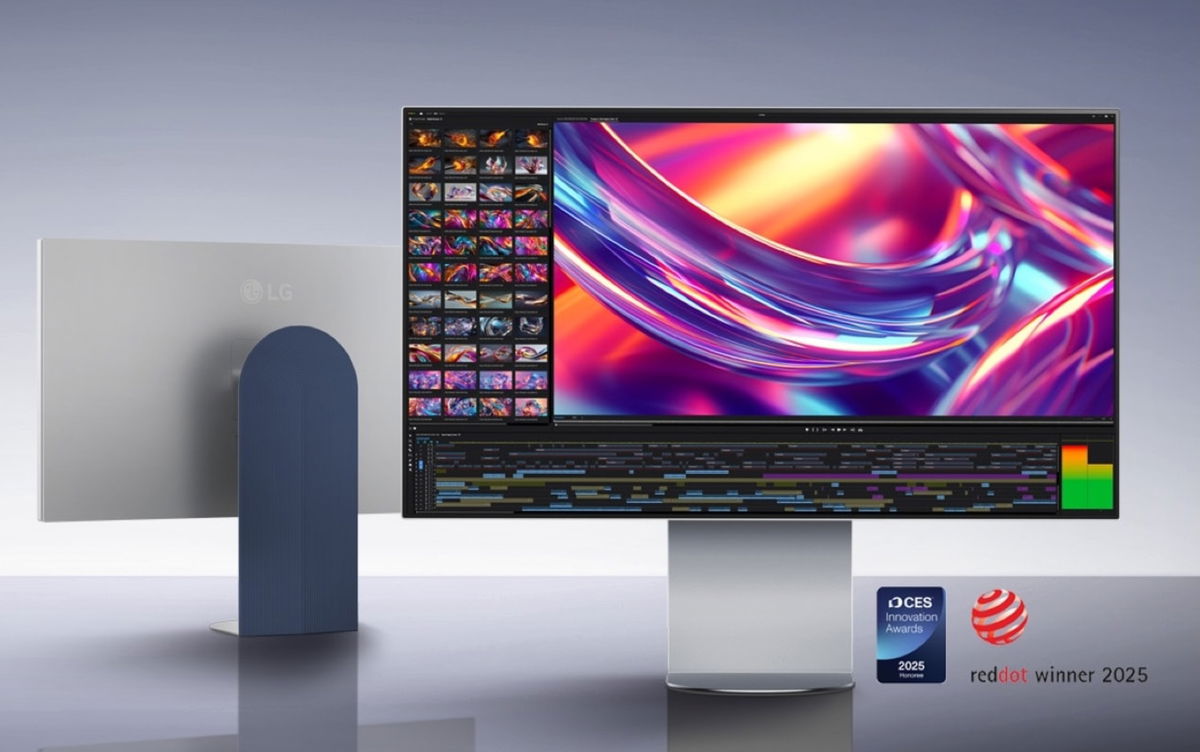At the end of May, Volkswagen Group announced plans to release an electric car costing 20,000 euros in 2027. I immediately thought that the model in question could enter the market thanks to SEAT, since the carmaker’s other Core brands (VW, Cupra and Skoda) already have electric models that will cost around 25,000 euros. However, the historical company ruled this out.
In a recent interview with German media Handelsblatt, Wayne GriffithsCEO of SEAT and Cupra, denied that SEAT was going to release the announced €20,000 modelMoreover, the head hinted that the issue of electrification of the brand has not yet been studied in depth.
Rejecting Volkswagen Group’s €20,000 SEAT-branded EV option, Griffiths was persistent. “Our priorities are elsewhere now.”, said. But that wasn’t his only noteworthy comment: he also mentioned the progress of rival brands such as Citroën and Renault in the affordable electric vehicle segment. “I like to ask myself: Are we electrifying too quickly?” – he remarked.
The SEAT case is quite interesting. because it doesn’t have its own catalog of electric cars. It’s true that the Mii Electric was introduced in 2019, but no progress has been recorded in the program since then. On the other hand, the Volkswagen Group has already made several important announcements with its other brands to secure a privileged position in the low-cost electric vehicle market. The VW ID.2 all and its SUV variant Cupra Raval and Skoda Epiq are clear proof of this. And they will all be produced in Spain.
Volkswagen Group’s €20,000 electric car won’t carry the SEAT brand
SEAT’s future and its possible end as a car brand were the source of controversy in 2023. “The future of SEAT is Cupra,” said Thomas Schäfer, CEO of Volkswagen, explaining that it would find a “different role” than its former one. His words caused a stir and demanded clarification.
Wayne Griffiths has now made it clear that SEAT and Cupra’s strategy for the near future is clearly set. “Without SEAT there would be no Cupra. […] Cupra will focus on electric mobility, while SEAT will focus on small combustion engines for entry-level cars and hybrids.”– the businessman explained.
It is therefore a fact that the Volkswagen Group’s €20,000 electric car will not be launched under the SEAT brand. What Griffiths did not mention is whether SEAT’s move to its own electrified models will eventually be reviewed, although the focus will be on combustion engine and hybrid vehicles. “It will depend on the right moment,” he said simply.
It is worth recalling that at the beginning of 2023, the European Parliament approved a ban on the sale of cars with internal combustion engines (petrol or diesel) from 2035, but the issue remains in limbo. The refusal of Germany and other EU countries to approve the legislation, as well as the debate on synthetic fuels and the entry into force of Euro 7, have created difficulties for the final transition to electric mobility.
It remains to be seen how SEAT will fare in the face of this challenging landscape. Cupra, VW and Skoda lead Volkswagen Group’s affordable electric car programme, Spanish brand could continue to look askance at the electrification of the market at least another 10 years.
Source: Hiper Textual
I’m Blaine Morgan, an experienced journalist and writer with over 8 years of experience in the tech industry. My expertise lies in writing about technology news and trends, covering everything from cutting-edge gadgets to emerging software developments. I’ve written for several leading publications including Gadget Onus where I am an author.













